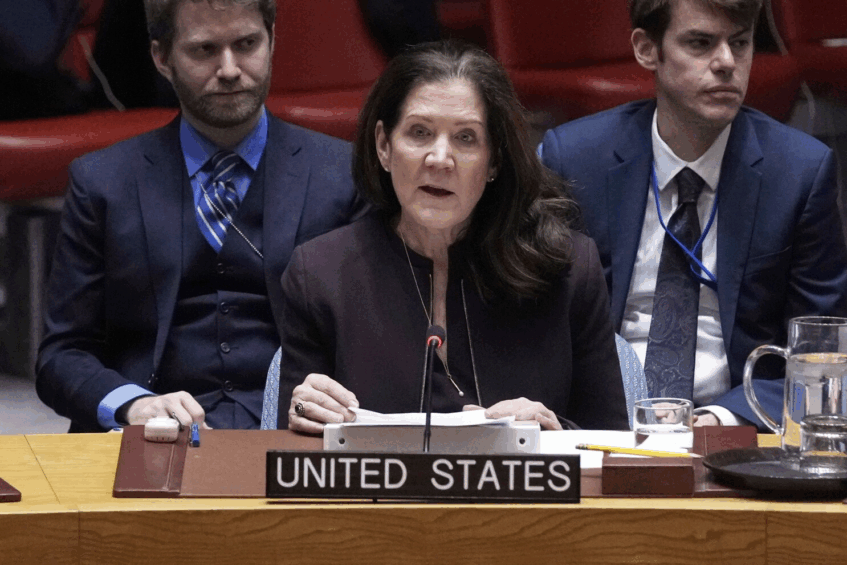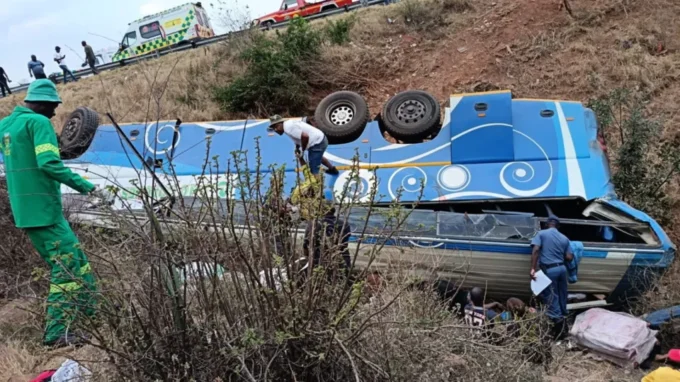The United States has expressed strong dismay over South Sudan’s continued failure to honor its peace commitments, accusing the country’s leadership of abandoning the 2018 peace agreement and worsening the suffering of millions of citizens.
During a United Nations Security Council briefing on South Sudan, U.S. Ambassador to the UN, Dorothy Shea, described the situation as “deeply disappointing,” pointing out that despite years of international financial, diplomatic, and humanitarian support, South Sudan’s transitional government has shown little political will to secure lasting peace, stability, and good governance for its people.
Ambassador Shea criticized South Sudanese leaders for failing to implement key provisions of the peace deal, including the unification of armed forces, transparent management of public resources, expansion of civic and political space, and an end to the use of violence as a political tool. Instead, she argued, their actions amount to a “de facto abandonment” of the peace agreement, with serious consequences for ordinary South Sudanese citizens who remain trapped in cycles of violence and poverty.
Shea drew attention to several concerning developments: the continued detention of opposition members, the confinement of First Vice President Riek Machar under house arrest, and fresh offensives by government troops against opposition strongholds. These actions, she said, demonstrate that the peace accord is no longer being implemented in good faith.
The ambassador warned that the escalating violence, particularly in Upper Nile and Jonglei states, is fueling a dire humanitarian crisis. A recent United Nations report highlighted ongoing aerial bombardments, ground attacks, and widespread displacement. Between April and July alone, more than 300,000 people were forced to flee their homes within South Sudan, while over 132,000 others sought refuge in neighboring countries, further destabilizing the East African region.
Highlighting the worsening humanitarian emergency, Shea condemned the violations of humanitarian access, noting that over 70 percent of South Sudan’s population urgently requires aid. However, relief operations remain severely disrupted due to insecurity, targeted attacks against aid workers, entrenched corruption, and restrictive government policies. These barriers, she stressed, continue to deprive vulnerable communities of lifesaving assistance.
“These unilateral actions by South Sudan’s transitional government not only undermine the spirit of the 2018 peace deal but also pose a grave risk of plunging the country back into full-scale civil war,” Shea cautioned. “Generations of South Sudanese citizens are being denied peace, security, and basic rights because of their leaders’ unwillingness to prioritize the well-being of the people over political power.”
The remarks by the United States reflect mounting international frustration with Juba’s leadership, as global patience appears to be wearing thin. With trust in the peace process rapidly eroding, concerns are growing that South Sudan may slide back into widespread conflict less than four years after leaders publicly pledged to end hostilities.
Analysts warn that unless urgent steps are taken to revive the peace process, South Sudan risks facing renewed instability, deeper humanitarian suffering, and further regional insecurity. The future of the world’s youngest nation, which was created with so much hope in 2011, now hangs in the balance as its leaders come under increasing pressure to fulfill promises that remain unkept.














Leave a comment